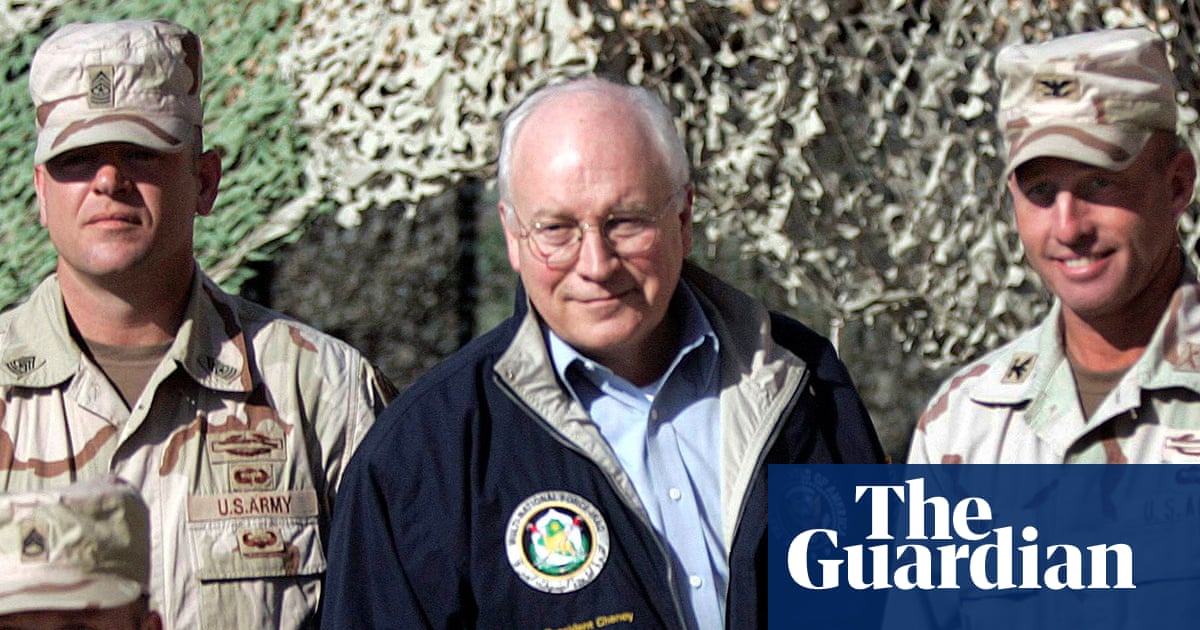
"As George W Bush's second-in-command in the war on terror declared after the 9/11 attacks, Cheney made himself one of the most powerful vice-presidents in US history, and was a key protagonist in the push to invade Iraq, as well as the use of torture on suspected al-Qaida members detained without charge in the CIA's offshore black sites. In doing so, he took an assertive view of the powers of the presidency relative to the other branches of government,"
"He argued that enhanced interrogation, the Bush administration's euphemism for the use of torture, had kept us safe. I think it's directly responsible for the fact that we've been able to avoid or defeat further attacks against the homeland for seven and a half years, Cheney told the Washington Times in 2008. However, there is no evidence that the use of torture, including waterboarding, led to the thwarting of any further attacks,"
Dick Cheney served as an assertive, exceptionally powerful vice-president during the George W Bush administration, shaping the US response to 9/11 and the war on terror. He pushed for the invasion of Iraq and authorized the CIA's use of offshore black sites and enhanced interrogation techniques, including waterboarding. Cheney argued for expansive presidential powers and defended those measures as necessary for homeland security. Independent findings show no evidence that torture prevented further attacks, and enhanced interrogation tainted testimony and complicated 9/11-related trials. The Guantanamo Bay detention system remained an unresolved legal limbo, and critics say Cheney's actions weakened institutional checks and adherence to international law.
Read at www.theguardian.com
Unable to calculate read time
Collection
[
|
...
]